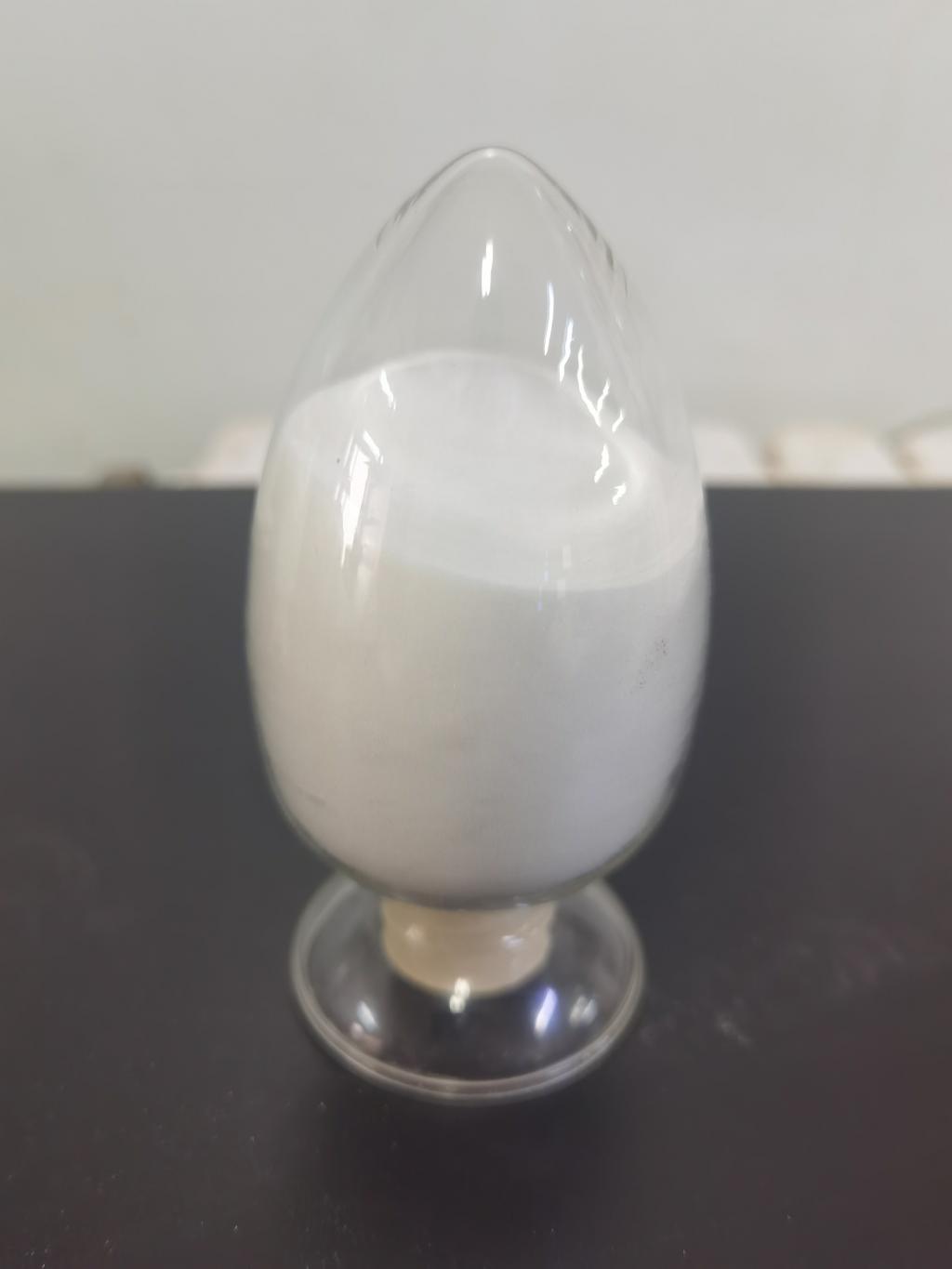Tel:0086 18231198596

News
ε-Polylysine Hydrochloride: A Natural Solution for Food Safety.
TIME:2023-08-30
Exploring ε-Polylysine Hydrochloride
ε-Polylysine hydrochloride is a linear peptide polymer consisting of lysine units connected by peptide bonds. It is naturally produced through the fermentation of specific strains of bacteria, particularly Streptomyces albulus. The positive charges present on the lysine residues of ε-polylysine hydrochloride contribute to its antimicrobial activity.
Mechanisms of Antimicrobial Action
The antimicrobial effectiveness of ε-polylysine hydrochloride stems from its unique mode of action. When ε-polylysine hydrochloride encounters bacterial cells, its positive charges interact with the negatively charged bacterial cell membranes. This interaction disrupts the cell membrane's structural integrity, causing leakage of cellular contents and eventual cell death. This targeted action on bacterial cells contributes to its efficacy as an antimicrobial agent.
Applications in Ensuring Food Safety
ε-Polylysine hydrochloride finds diverse applications in enhancing food safety:
Meat and Poultry: In the meat and poultry industry, ε-polylysine hydrochloride can inhibit the growth of pathogenic bacteria, reducing the risk of contamination and improving the safety of these products.
Dairy Products: Dairy items like cheese and yogurt are susceptible to spoilage microbes. By controlling microbial growth, ε-polylysine hydrochloride contributes to the overall safety and quality of these products.
Seafood: Due to its high moisture content, seafood is highly perishable. The application of ε-polylysine hydrochloride can prevent the growth of spoilage organisms, ensuring seafood safety.
Bakery Goods: Mold and bacterial contamination are common challenges in bakery products. ε-Polylysine hydrochloride's antimicrobial properties can extend the shelf life of baked goods while ensuring their safety.
Processed Foods: Processed foods are susceptible to contamination during production and storage. The inclusion of ε-polylysine hydrochloride can mitigate this risk and enhance overall food safety.
Benefits of ε-Polylysine Hydrochloride for Food Safety
Natural Origin: In alignment with the trend towards natural and clean-label ingredients, ε-polylysine hydrochloride's natural origin resonates well with consumer preferences.
Reduced Reliance on Synthetic Additives: The antimicrobial properties of ε-polylysine hydrochloride offer a natural alternative to synthetic preservatives, addressing concerns about their potential health effects.
Enhanced Food Safety: By effectively inhibiting the growth of pathogenic bacteria, ε-polylysine hydrochloride contributes to improved food safety and reduced risks of foodborne illnesses.
Extended Shelf Life: The ability of ε-polylysine hydrochloride to control microbial growth translates to an extended shelf life for various perishable products, thereby reducing food waste.
Challenges and Considerations
Regulatory Compliance: The use of ε-polylysine hydrochloride as a food ingredient requires compliance with regulatory guidelines to ensure its safety and efficacy.
Optimal Concentrations: Determining the appropriate concentration of ε-polylysine hydrochloride for different food products is crucial to achieve effective antimicrobial activity.
Resistance Development: Like any antimicrobial agent, the prolonged and widespread use of ε-polylysine hydrochloride could potentially lead to the development of microbial resistance.
Consumer Acceptance: Educating consumers about the safety and benefits of ε-polylysine hydrochloride is essential to foster acceptance and build trust.
Conclusion
ε-Polylysine hydrochloride presents a natural and effective solution for enhancing food safety in an era where consumers demand clean-label and minimally processed products. Its targeted antimicrobial action, natural origin, and applicability to a wide range of food products make it a valuable tool for the food industry. By embracing ε-polylysine hydrochloride as a natural solution for food safety, manufacturers can address concerns about foodborne pathogens, extend shelf life, and contribute to a more sustainable food supply. However, addressing regulatory requirements, optimizing usage levels, and raising consumer awareness are essential steps in harnessing the full potential of ε-polylysine hydrochloride as a safeguard for food safety.

 CONTACT
CONTACT




